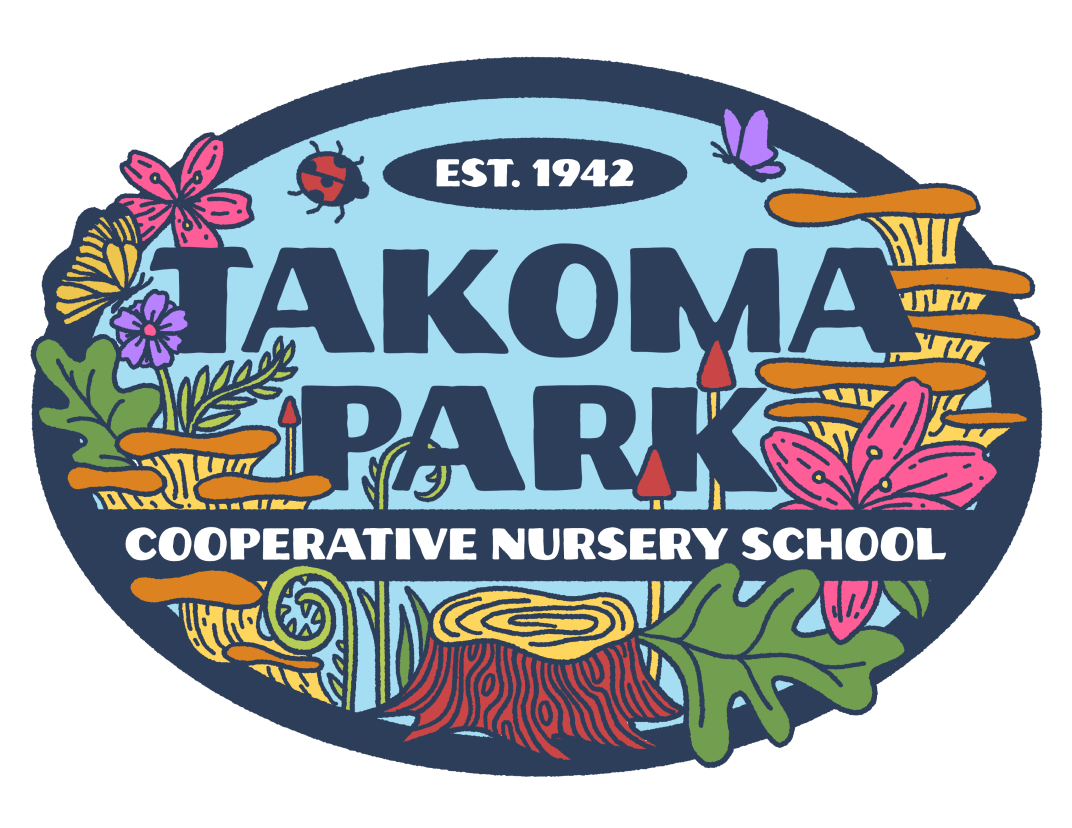Ways to document a dramatic play arc
This post shares some of the ways I use different methods of documenting dramatic play and how the children adopt the practice of documentation for their own use...
Things we say . . .
Visiting with other teachers, and watching them without an agenda except to simply enjoy seeing a teacher practicing his or her craft is a gift. This is a gift because you get to hear yourself in the "things we say."
Ages, Stages -- Early Childhood Development as a Fluid Process
Their age will not tell me about this developmental milestone. Rather the number of times they begin their sentences with, "Pretend I am..." will. When they add scene and mood to their scenarios and incorporate suggestions and ideas of others into their play, THAT is the developmental milestone I am looking for...
Evidence of play
Children communicate with each other through play with materials. Things move and shift and are collected and dropped. Each petal and twig leaves a message just as sure and true as any sign an adult would have painted and planted in the ground.
Disappointment
After observing our sharing stones routine, a question was posed to me by an adult, "What are the children who don't get called supposed to do? Be disappointed?" The answer, friends, is yes.
